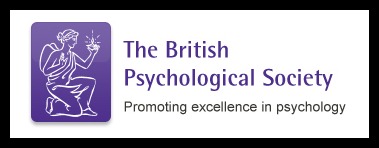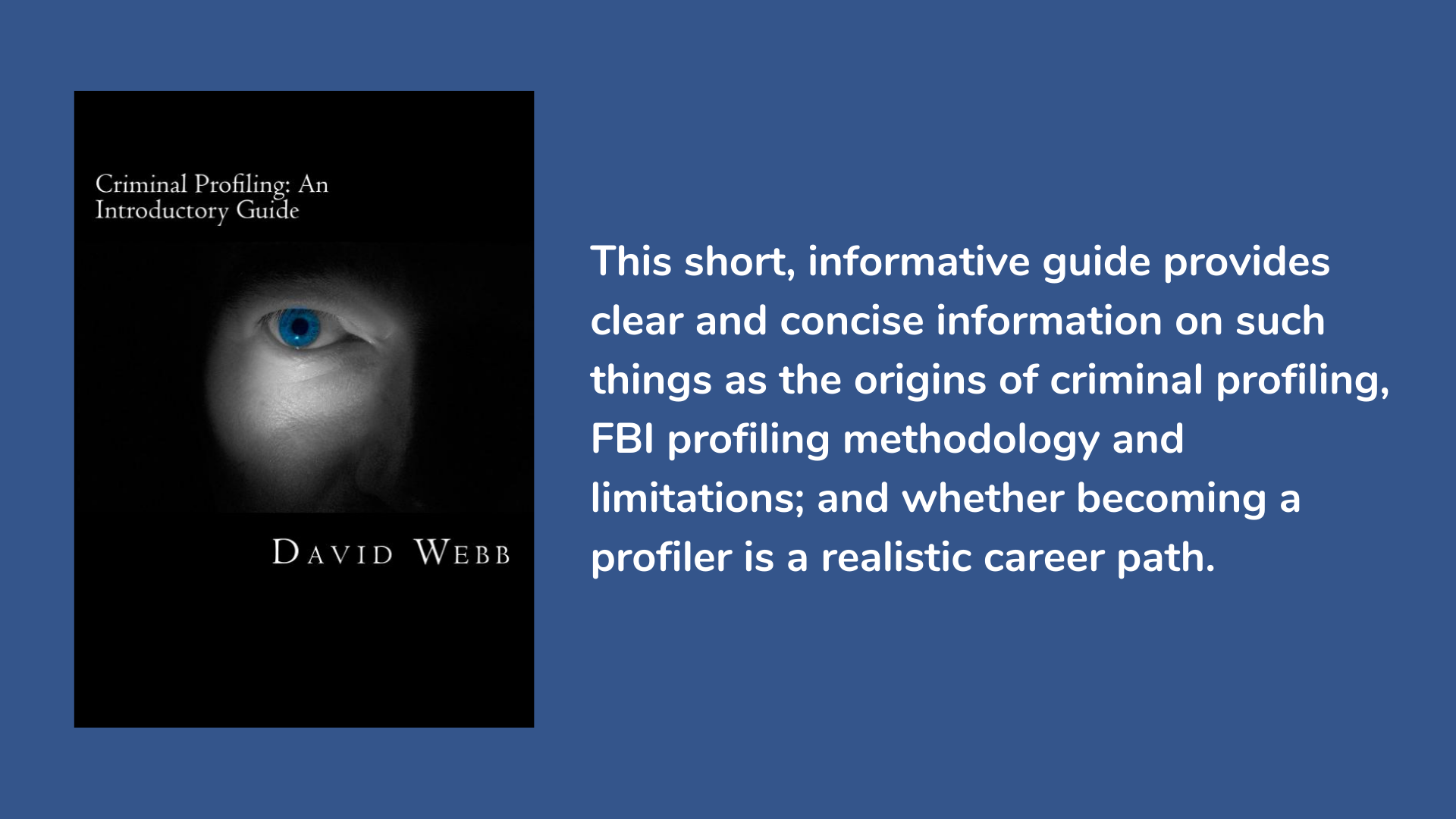Forensic Psychology Careers
Want To Study Forensic Psychology?
Forensic Psychology Careers Guidance (USA)
If you're interested in pursuing a career in forensic psychology, you'll benefit from studying general psychology as an undergraduate. A good solid grounding in the main perspectives and schools of thought within psychology will allow you to reflect upon their application within a legal context in a more focused and theoretically driven manner.
In addition, an entry requirement of many specialist postgraduate courses in forensic psychology is that the student has completed an undergraduate course in general psychology.
The most important thing to bear in mind if you plan on being a forensic psychologist is that you need to become a licensed psychologist.
Licenses, Certifications, and Registrations
The United States Department of Labor notes that in most states, practicing psychology or using the title of 'psychologist' requires licensure. In all states and the District of Columbia, psychologists who practice independently must be licensed where they work.
Forensic psychology is one of 15 areas that The American Board of Professional Psychology (ABPP) awards specialty certification in. The ABPP states that:
The practice of forensic psychology refers to the application of scientific, technical, or specialized knowledge of psychology to inform matters of law within the judicial system, legislative bodies, and administrative agencies. This includes, but is not limited to, conducting psychological evaluations, treatment, or research in anticipation of future legal, contractual, or administrative proceedings; offering expert psychological opinions in the form of testimony or amicus briefs; and, trial consultation.
Board Certification in Forensic Psychology by the American Board of Professional Psychology (ABPP) is one of only two post-doctoral specialty certifications recognized in the American Psychological Association Directory. See following link for detailed information on board certification in forensic psychology, including application requirements.
Board Certification in Forensic Psychology
The American Psychological Association (APA) has a division devoted to matters of law and psychology. APA Division 41, the American Psychology-Law Society "is a group of approximately 3,000 scholars, researchers and practitioners, belonging to various disciplines, who work at the intersection of psychology and law."
The American Psychology-Law Society website is a must visit site for anybody with a professional interest in forensic psychology, particularly those looking to work in the field. Among the detailed information provided by The American Psychology-Law Society is a great collection of early career resources.
Postgrad Growth Area
According to an article By Rebecca A. Clay published in the Career Center section of the American Psychological Association website, psychologists who work in settings where psychology and the law overlap are in hot demand.
To find out why and to learn about career options, earnings outlook and the pros and cons of working in this field you can read this very useful article in full by CLICKING HERE.
Excellent Presentation by Forensic Psychologist Dr. Jeff Kieliszewski
Forensic Psychology Careers (UK)
To find out all you need to know about forensic psychology careers in the UK look no further than the British Psychological Society who provide detailed answers to such questions as:
- Where do forensic psychologists work?
- How do I become one?
- What is relevant experience and how do I get it?
- How much will I get paid?
CLICK HERE to access this great forensic psychology career information.
Forensic Psychology Careers Within The NHS
(The following information is taken from the NHS careers website.)
The largest employer of forensic psychologists in the UK is Her Majesty's prison service. However, forensic psychologists are increasingly working with a wide range of agencies.
Working As A Forensic Psychologist
Work as a forensic psychologist is varied both within, and across, forensic settings and may include both occupational and clinical elements. For example, part of the role of forensic psychologists, in both the health and prison services, may include providing a consultancy service to managers. Work is undertaken with offenders, victims, criminal and civil justice staff and managers.
Two key areas of development in recent years have been 'risk assessment' procedures with offenders and, in particular, interventions with sex offenders with a focus on reducing the risk of re-offending.
Forensic psychologists are also increasingly becoming involved in child protection work with social services. A forensic psychologist's work may include:
- Piloting and implementing new treatment programmes
- Modifying offender behaviour
- Responding to the changing needs of staff and prisoners
- Reducing stress for staff and prisoners
- Providing hard research evidence to support practice
- Undertaking statistical analysis for prisoner profiling
- Giving expert evidence in court
- Advising parole boards and mental health tribunals
- Crime analysis
Recommended Reading
Book Description
Written by a practicing forensic psychologist and university professor, Forensic Psychology: An Applied Approach introduces the reader to the practice of forensic psychology. Forensic Psychology offers the reader a broad overview of the many opportunities available to forensic psychologists.
The first section of the book presents an overview of the forensic psychology field. The remaining chapters present the work of forensic psychologists in specific areas: criminal responsibility and competency to stand trial evaluations, police psychology, correctional psychology, child custody evaluations, and personal injury evaluations as well as exploring emerging trends in the field.
The text also presents information from the field of legal psychology including trial consultation, eyewitness testimony and investigative psychology (profiling, hypnosis, detection of deception and psychological autopsies). See following link for full details.
USA Forensic Psychology Degree Search
Go From Forensic Psychology Careers Back To The Home Page





New! Comments
Have your say about what you just read! Leave me a comment in the box below.